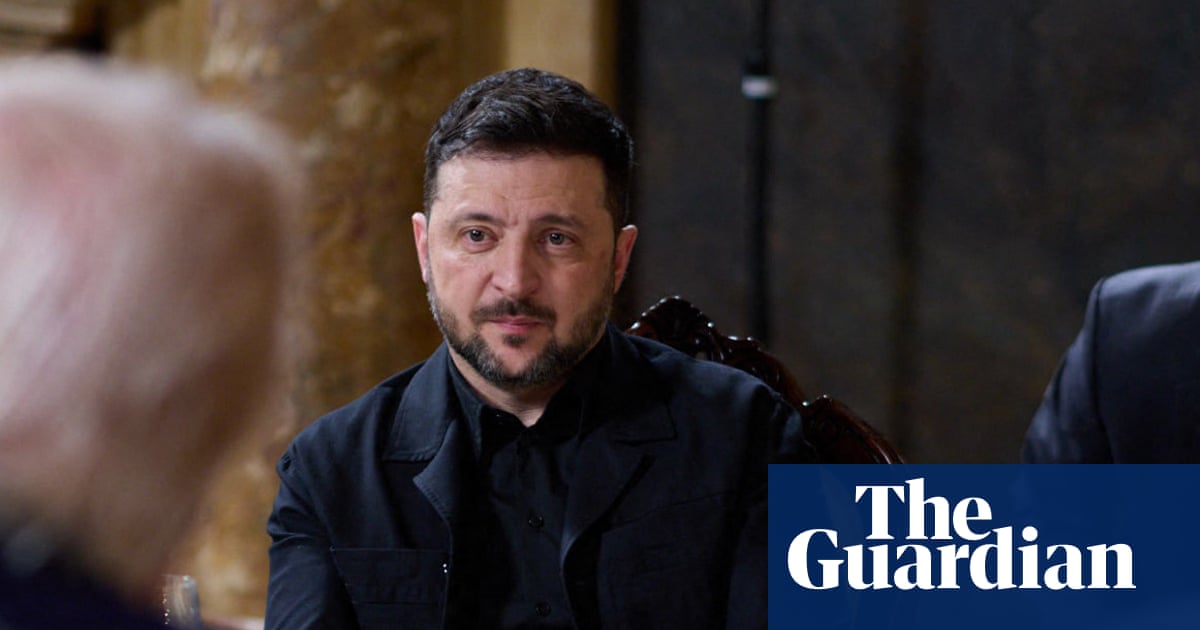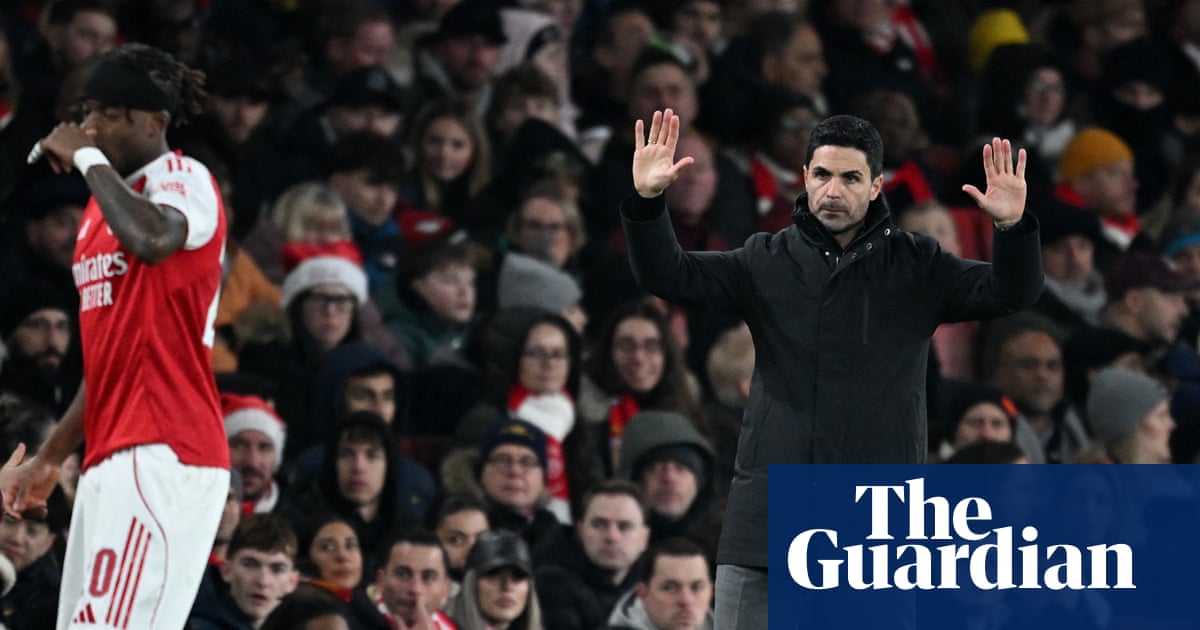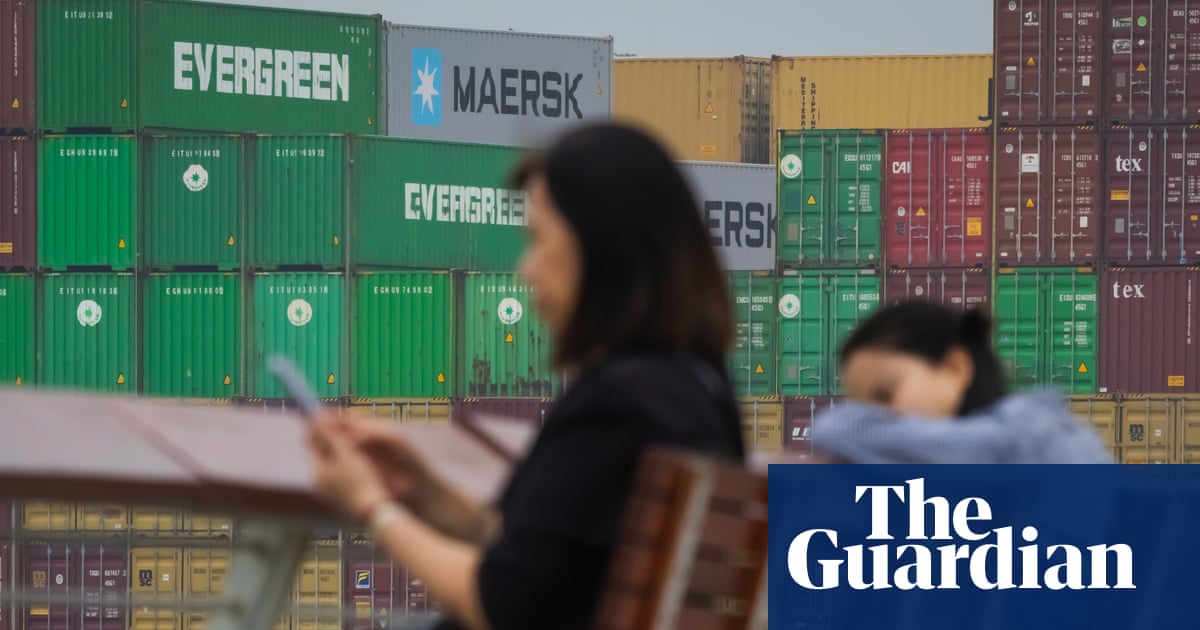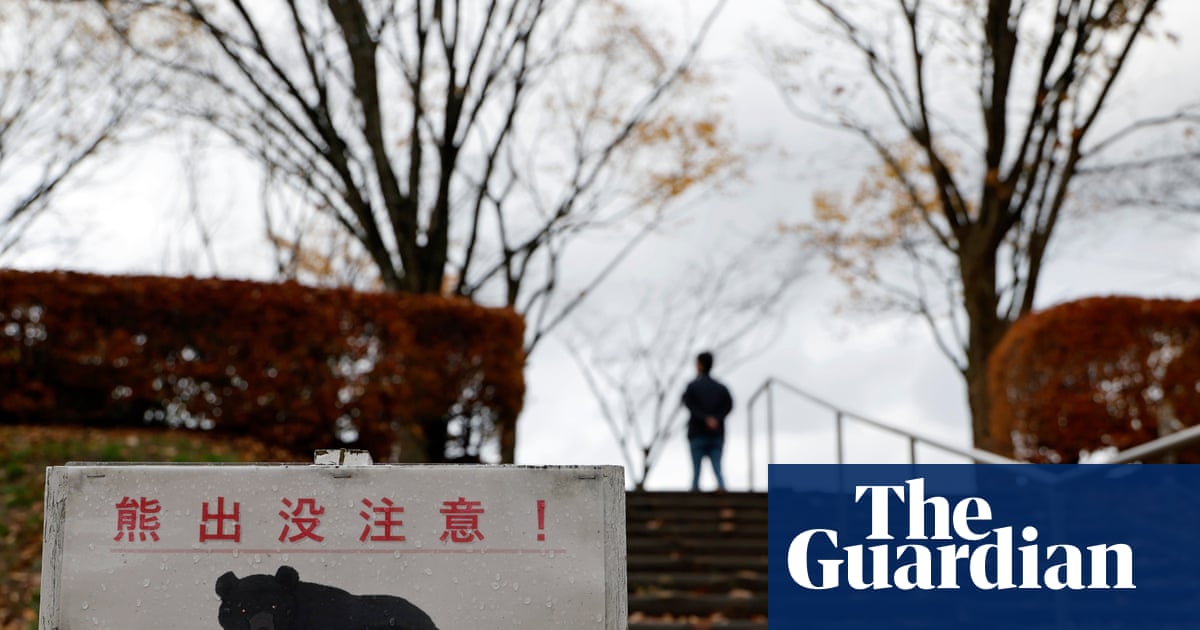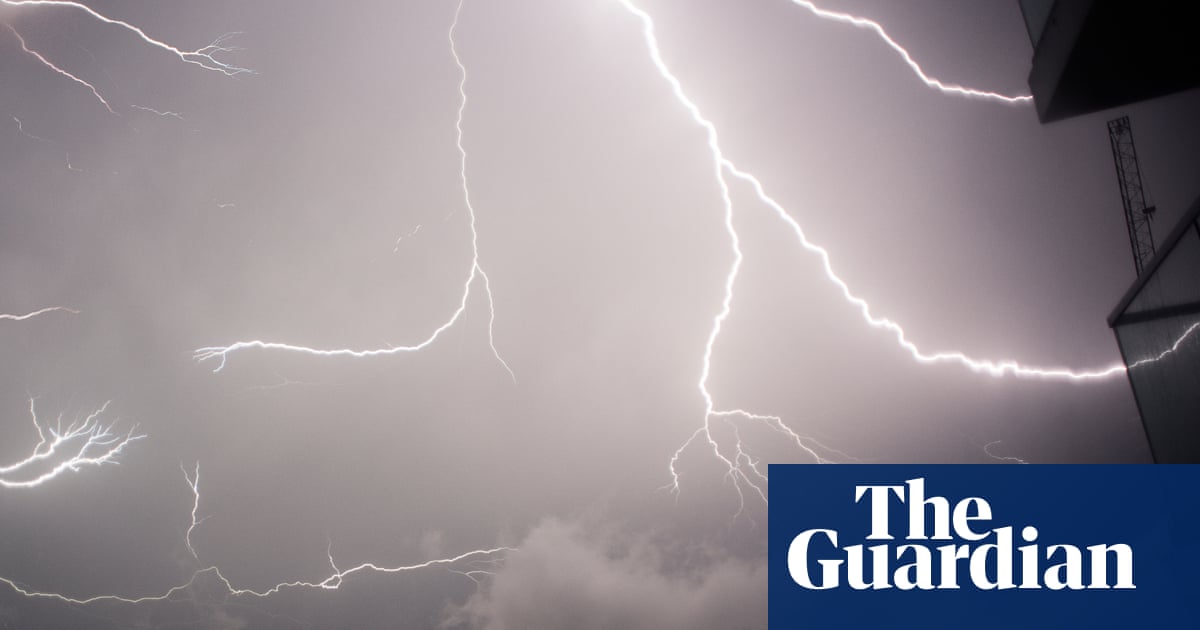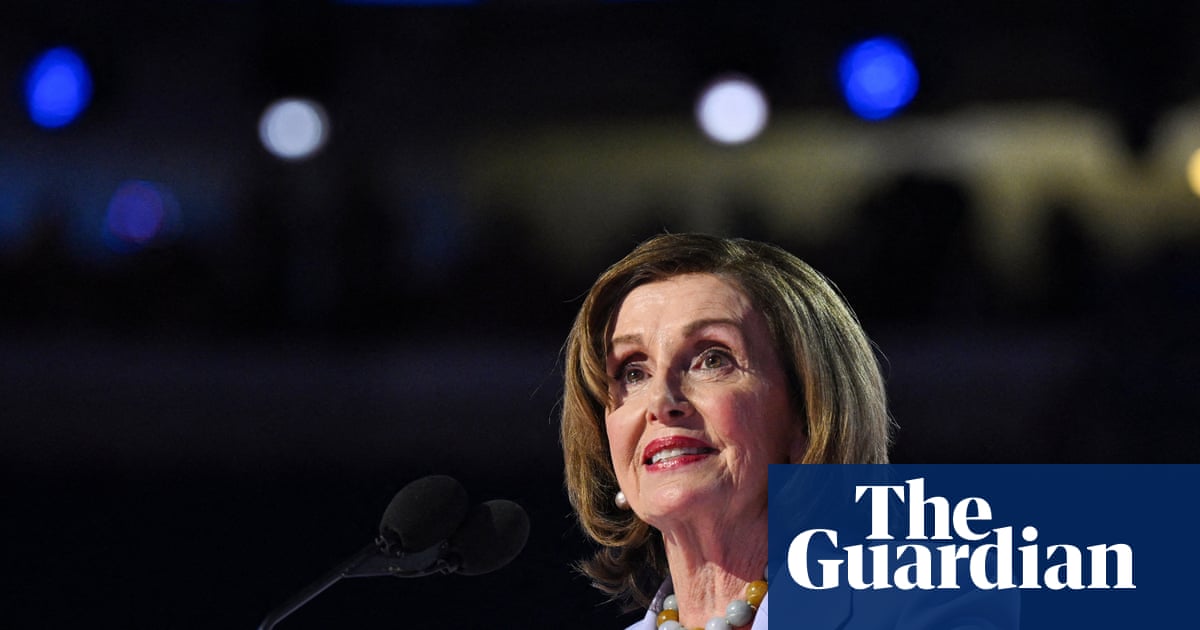Britain will not rejoin the EU in the foreseeable future, according to the minister who has piloted Keir Starmer’s recent reset of European relations.
Nick Thomas-Symonds said he could not see the country re-entering the bloc in his lifetime, despite the thaw in continental relations that he has helped bring about.
Asked whether he could conceive of Brexit being reversed within such a timescale, Thomas-Symonds told the Guardian’s Politics Weekly podcast: “I can’t. What I can say is that the work I have been doing with the democratic mandate from the 2024 general election is building a closer, more constructive relationship.”
He added: “What I’m about now, having reset the relationship, is building this new strategic partnership.”
Thomas-Symonds’ comments underline a view in senior government circles that European membership is probably off the table for ever, not least because of the way in which the EU has changed since Britain’s departure.
Asked to make a similar prediction about rejoining the customs union or the single market, however – which economists say would boost UK growth – Thomas-Symonds demurred. Labour’s 2024 manifesto promised not to re-enter either in this parliament, but the party has not made such a commitment beyond the next election.
“We’ve pledged not to rejoin the single market or the customs union or go back to freedom of movement and that remains,” he said.
Thomas-Symonds, one of the prime minister’s closest ministerial allies, has spent his first year in office shuttling between European countries as he negotiated the finer points of an outline agreement to forge closer ties between the UK and EU.
That deal, which Starmer announced in May, extended fishing quotas in British waters and linked the carbon emissions trading schemes on either side of the Channel.
More significantly, it also gave Thomas-Symonds and his European counterparts a remit to negotiate new deals on youth mobility and trade in agricultural products.
One outcome of the improved UK-EU relations has been a returns agreement with France allowing Britain to return up to 50 asylum seekers a week who have crossed the Channel in return for taking 50 others with connections to the UK.
That deal, along with a separate agreement that French authorities should begin intercepting small boats as far as 300 metres away from their own shore, has been put in peril by the recent collapse of the government in Paris.
after newsletter promotion
Thomas-Symonds insisted, however, that both deals would come into effect, having received assurances from the French president, Emmanuel Macron. “These are deals struck with the French government, with President Macron being very important to that as well,” he said.
“Obviously, he remains in office and our expectation is that, having struck that with the French government, that will go ahead and be implemented.”
British ministers have in recent weeks been talking up the closeness of their European relations, having judged that the public is now more willing to hear pro-EU arguments than they have been for many years.
“People want to put the battles of the past behind them,” said Thomas-Symonds. “There is a real sense that we should be building this closer relationship because it’s in our national interest to do so.”
He said: “I’m not sure that Nigel Farage [the leader of Reform UK] mentioned Europe very much at all in the conference speech he just gave.”

 3 months ago
48
3 months ago
48
